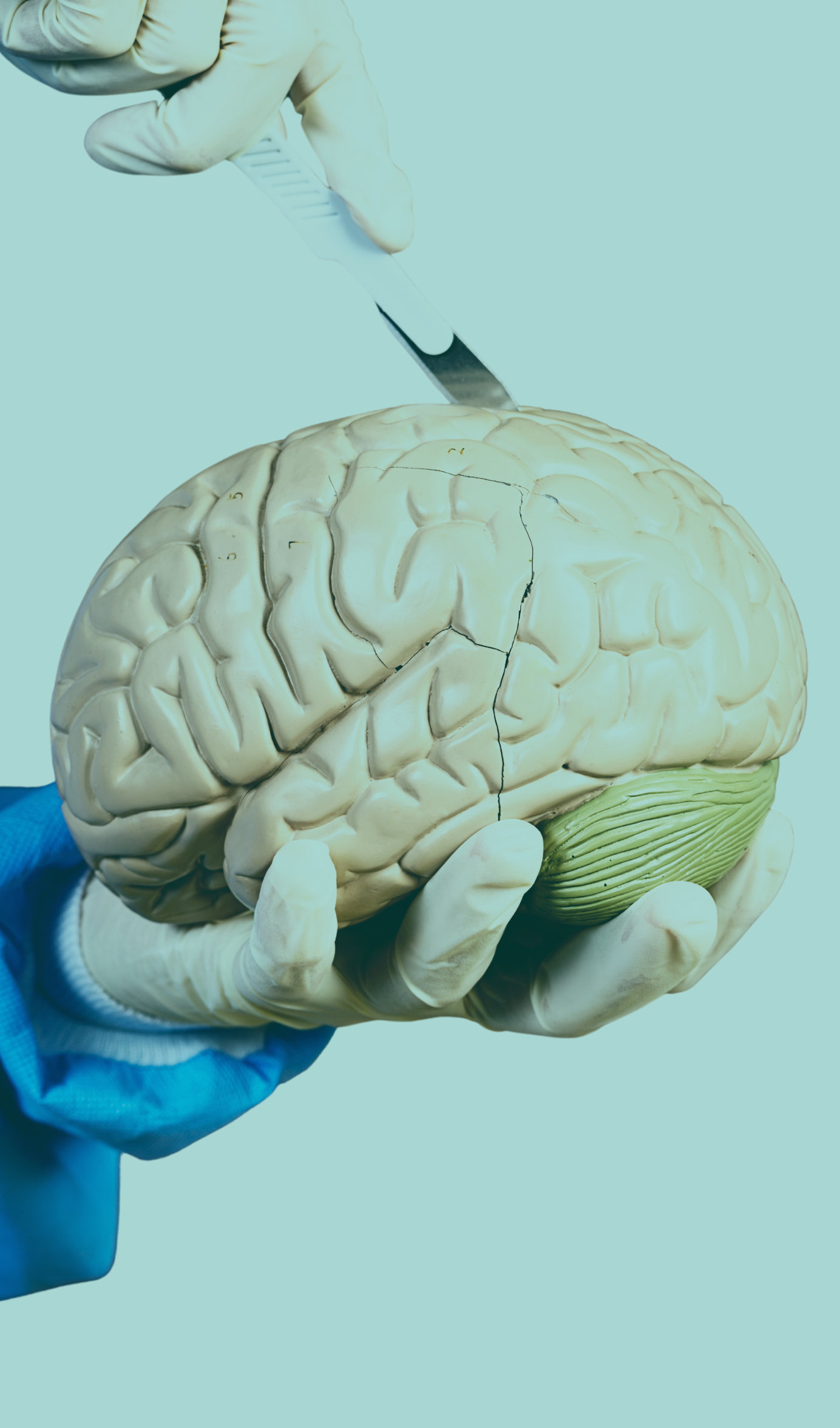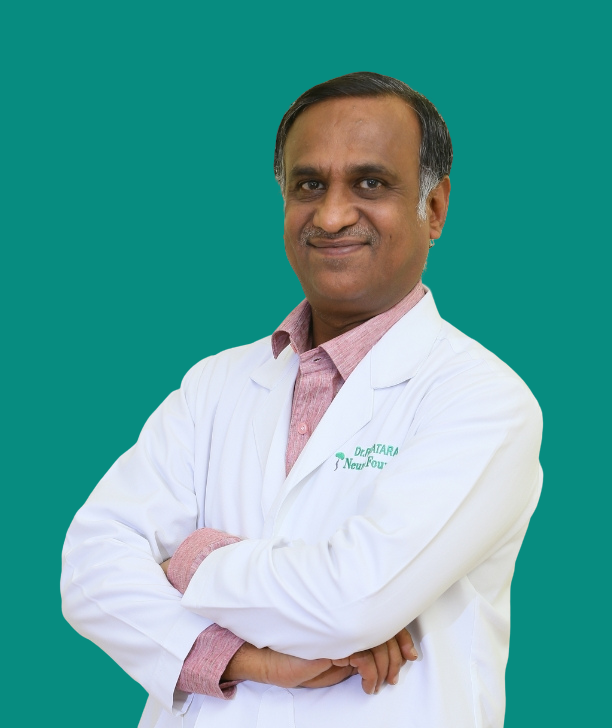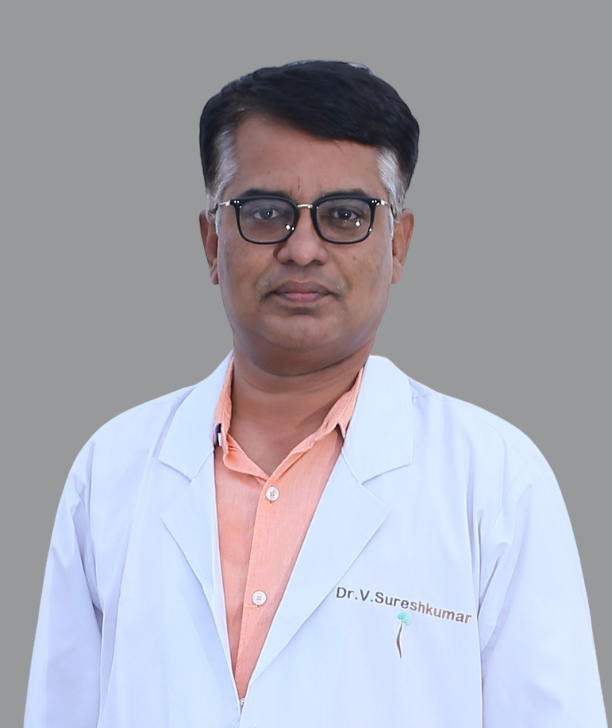At Neuro Foundation Hospital, the Department of Neurosurgery is dedicated to providing comprehensive care for a broad spectrum of neurological disorders through advanced surgical techniques. Our department, a cornerstone of our hospital’s services, focuses on treating conditions affecting the brain, spine, and nervous system with the highest level of precision and care. Our commitment to excellence in neurosurgery is demonstrated through our use of cutting-edge technology, a team of highly skilled professionals, and a patient-centered approach to care.
Our Services
1. Birth Defects and Developmental Disorders
Definition: Birth defects and developmental disorders are conditions present from birth that affect the structure and function of the brain and spine.
Symptoms and Signs:
Spina Bifida: Visible spinal defect, motor and sensory deficits.
Meningocele and Split Spinal Cords: Visible bulge on the back, neurological impairment.
Tethered Cord Syndrome: Difficulty walking, bladder dysfunction.
Chiari Malformations: Headaches, neck pain, balance issues.
Syringomyelia: Progressive weakness, sensory loss.
Diagnosis:
MRI and CT scans for imaging spinal and brain structures.
Neurological exams for functional assessment.
Treatment:
Surgical correction of spinal defects (e.g., Spina Bifida repair).
Reconstruction surgeries for damaged spinal tissues.
Decompression procedures for Chiari malformations and syringomyelia.
Palliative Care & Rehabilitation:
Supportive therapies for managing symptoms and improving quality of life.
Post-surgical rehabilitation for recovery and functional improvement.
2. Brain Tumors
Definition: Brain tumors are abnormal growths in the brain that can be benign or malignant.
Symptoms and Signs:
Headaches, seizures, changes in vision or speech, cognitive impairments.
Diagnosis:
Advanced imaging techniques including MRI and CT scans.
Biopsy for histological examination.
Treatment:
Micro neurosurgery for precise tumor removal.
Endoscopic surgeries for minimally invasive tumor excision.
Awake craniotomies for functional mapping and tumor removal.
Radio Frequency Ablation for symptom management.
Palliative Care & Rehabilitation:
Pain management and symptom relief.
Rehabilitation therapies to support recovery and adaptation.
3. Stroke and Vascular Surgery
Definition: Stroke and vascular conditions affect blood flow to the brain, leading to various neurological impairments.
Symptoms and Signs:
Sudden weakness or numbness, confusion, trouble speaking or seeing.
Diagnosis:
CT and MRI to identify stroke location and type.
Angiography for vascular imaging.
Treatment:
Thrombolysis and mechanical thrombectomy for acute stroke management.
Carotid endarterectomy to remove plaque from carotid arteries.
Aneurysm clipping and coiling to prevent rupture.
AVM excision and gluing to manage arteriovenous malformations.
Palliative Care & Rehabilitation:
Post-stroke rehabilitation to improve function and independence.
Ongoing care for managing residual symptoms and preventing recurrence.
4. Minimally Invasive Surgery
Definition: Minimally invasive surgery involves techniques that reduce tissue damage and recovery time.
Symptoms and Signs:
Conditions requiring surgery that benefit from reduced recovery time.
Diagnosis:
Pre-surgical imaging and assessments.
Treatment:
Keyhole and endoscopic procedures for brain and spine surgeries.
Hydrocephalus management with endoscopic third ventriculostomy and VP shunts.
Palliative Care & Rehabilitation:
Fast-track recovery programs and supportive care.
Rehabilitation to facilitate quick return to daily activities.
5. Trigeminal Neuralgia
Definition: Trigeminal neuralgia is a chronic pain condition affecting the trigeminal nerve.
Symptoms and Signs:
Severe facial pain, often triggered by touch or movement.
Diagnosis:
Clinical evaluation and MRI to identify nerve compression.
Treatment:
Radio Frequency Ablation to alleviate pain.
Microvascular decompression to relieve pressure on the trigeminal nerve.
Palliative Care & Rehabilitation:
Pain management strategies and supportive care.
6. Epilepsy Surgery
Definition: Epilepsy surgery is performed to control seizures in patients who do not respond to medication.
Symptoms and Signs:
Recurrent seizures, varying in type and frequency.
Diagnosis:
Electroencephalography (EEG) to monitor brain activity.
Imaging studies to locate seizure foci.
Treatment:
Surgical resection or disconnection of seizure-producing brain areas.
Post-surgical follow-up for seizure management and functional recovery.
Palliative Care & Rehabilitation:
Ongoing seizure management and support for daily living adjustments.
7. Spine Surgery
Definition: Spine surgery addresses conditions affecting the spinal column and surrounding structures.
Symptoms and Signs:
Back pain, radiculopathy, limited mobility.
Diagnosis:
MRI and CT scans for spinal imaging.
Neurological exams for functional assessment.
Treatment:
Disc herniation treatments (e.g., discectomy).
Endoscopic and microsurgical discectomy for herniated discs.
Spinal fusion and instrumentation for stabilization.
Correction of scoliosis and kyphosis.
Palliative Care & Rehabilitation:
Post-surgical rehabilitation to restore mobility and function.
8. Movement Disorders
Definition: Movement disorders involve abnormal motor control, such as Parkinson’s disease and dystonia.
Symptoms and Signs:
Tremors, stiffness, difficulty with movement.
Diagnosis:
Clinical assessment and neurological evaluation.
Imaging studies for detailed brain examination.
Treatment:
Deep brain stimulation and other surgical interventions.
Medication management for symptom control.
Palliative Care & Rehabilitation:
Supportive therapies to enhance movement and daily function.
9. Brain Infections
Definition: Brain infections involve inflammation or infection of brain tissues.
Symptoms and Signs:
Headaches, fever, neurological deficits.
Diagnosis:
CSF analysis, MRI, and CT scans for infection identification.
Treatment:
Antibiotic therapy and surgical drainage if necessary.
Comprehensive management of infection and inflammation.
Palliative Care & Rehabilitation:
Supportive care and rehabilitation to aid in recovery and address residual symptoms.
Advanced Facilities
Our department is equipped with state-of-the-art technology and facilities:
- Two Ultra-Modern Operating Rooms: Designed for complex procedures.
- Leica Operating Microscope: For high-resolution visualization.
- Karl Storz Neuro Endoscopy Unit: Advanced endoscopic technology.
- Neuro Navigation System: For precise localization of lesions.
- Radio Frequency Ablation: For managing trigeminal neuralgia.
Patient-Centered Care
At Neuro Foundation Hospital, we are committed to delivering patient-centered care with a focus on innovative surgical solutions, thorough pre-operative assessments, and comprehensive post-operative support. Our multidisciplinary team works together to ensure each patient receives the best possible care tailored to their individual needs.
Meet our Neuro Surgeons Team
Dr. Natarajan
Senior Neuro Surgeon, Managing DirectorDr. V. Suresh Kumar
Head of Neuro Surgery DepartmentDr. Feroz Ahmed
Consultant Neuro SurgeonDr. Shayee Kalyee Shanjeev P.B
Consultant Neuro SurgeonBasic FAQs





